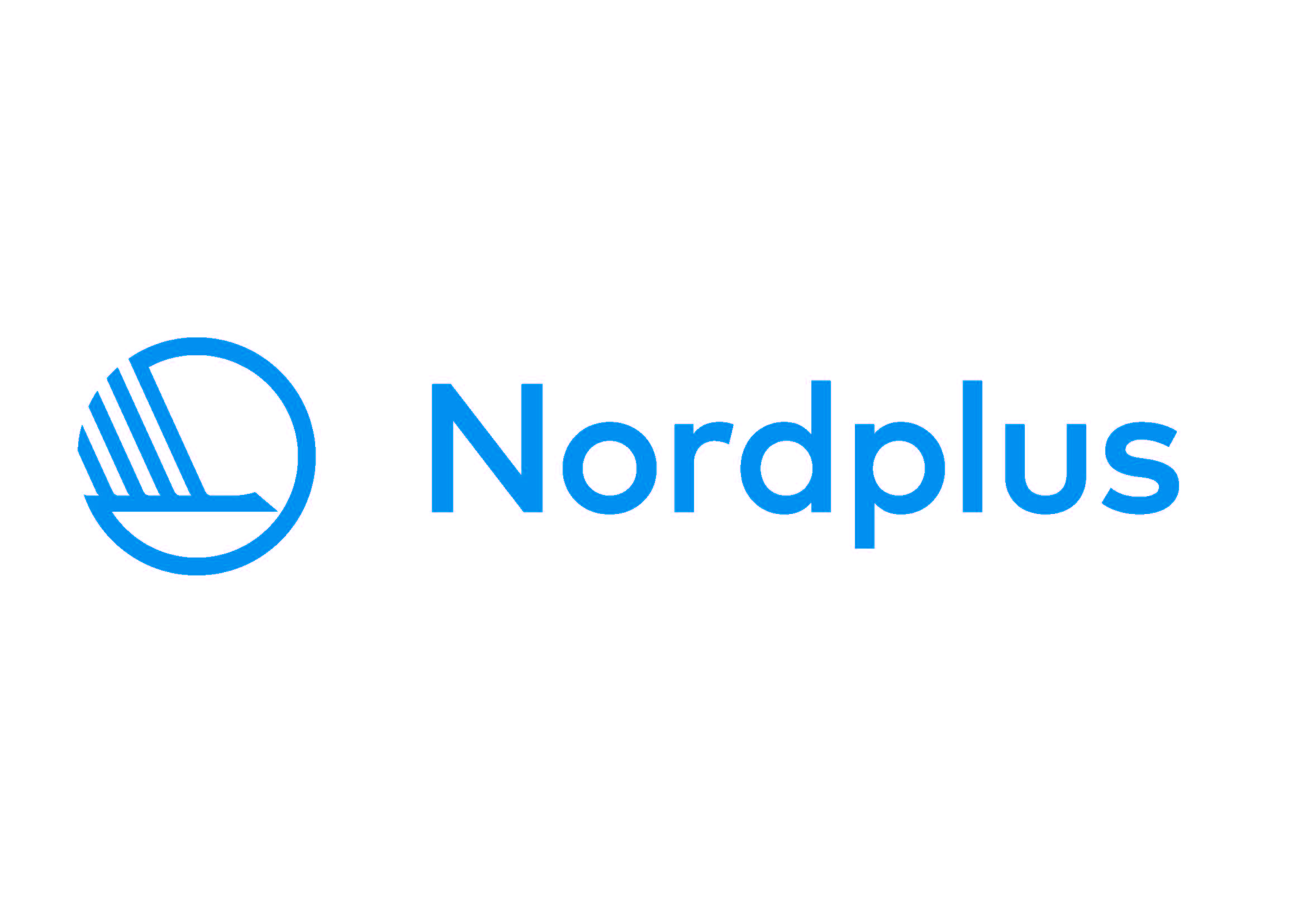To build up a phantasmagorical memory, workshop by Ariane Müller in Aarhus 20th-24th February 2017
A workshop on print, language, and publication by Ariane Müller in cooperation with Florian Zeyfang
Dates: February 20 – February 24
KUNO seats: 4 (open to all)
Application deadline: Friday 20th January! Send short motivation with your application to frontdesk@djk.nu. Only accepted students will receive reply after this deadline.
A pictorial memory is one founding principle for art and daydreams. It can be evoked by gestures, smells and words. In the case of the workshop print, publication, and language in many forms will be the basis, in their capacity to create concepts and structures, be them poetic, statistic or narrative. The workshop seeks to research different forms of language, developed to think in and about art.
But more than creating a realistic imprint, the workshop also aims to research how the phantastical enters the memory space, by adding or subtracting to and from an image. Here print comes into focus, in its possibility of adding layers, and this by using the subtractive colour principle. The workshop might finalize in some kind of self-made publication, as result of the work with and by the participants.
The workshop is aimed at students, who are interested in forms of text-image concepts, and who want to work with language. It will start with examples drawn out of Starship-magazine, and its contributors. Starship is an artist-published magazine from Berlin, co-founded by Ariane Müller, which has been interested and inventive in producing all form of text-image forms, but also to introduce new, or reintroduce old forms of writing within and about art.
To build up a phantasmagorical memory consists of several thematic inputs, starting from Sigmund Freud’s basic question: Why do we remember things we don’t remember. It continues with the necessity of creating new concepts in language from a marginal position of speaking, as in the Italian separatismo discussion, to create a new collective memory. Why do words look strangely back the closer you look at them?
CVs:
Ariane Müller is a visual artist, writer and publisher based in Berlin. Coming from a printer family, she started to produce her own magazines in 1991. She publishes Starship magazine together with Gerry Bibby, Nikola Dietrich, Martin Ebner, and Henrik Olesen. Ariane Müller has published the novel Manual for traveling through Africa in 2013, and is a regular writer, contributing to catalogues and artists-books, and all sort of collaborative projects. Having been also working for the UN-programm UN-HABITAT, she is also interested in the legislative concepts of language, as they are developed and used in UN-resolutions. She co-curated for the 6th Werkleitz Biennial, and a large number of exhibitions worldwide, mostly conceived together with Starship. In the adventurous time of recent Berlin history she has also run a gallery, a club, a band, and a cinema.
Florian Zeyfang is a Berlin-based artist and teacher at Det Jyske Kunstakademi. Next to his art and film projects, he has co-curated several exhibitions, most often in connection with books and other printed media. Publications include: I said I Love. That is the Promise. The TVideopolitics of Jean-Luc Godard (eds. James/Zeyfang, Berlin 2003), Florian Zeyfang: Fokussy (Frankfurt/M., 2004), 1,2,3… Avant-Gardes (eds. Ronduda/Zeyfang, Warsaw / Berlin 2007); Pabellón Cuba (eds. Schmidt-Colinet / Schmoeger /Valdes Figueroa/Zeyfang, Berlin 2008), Poor Man’s Expression (eds. Ebner/Zeyfang, Berlin 2011), Florian Zeyfang: Slow Narration Moving Still (Berlin, 2014) and Open Form. Film, Space, Interaction and the Tradition of Oskar Hansen (eds. Wieder/Zeyfang, Berlin, 2014).

